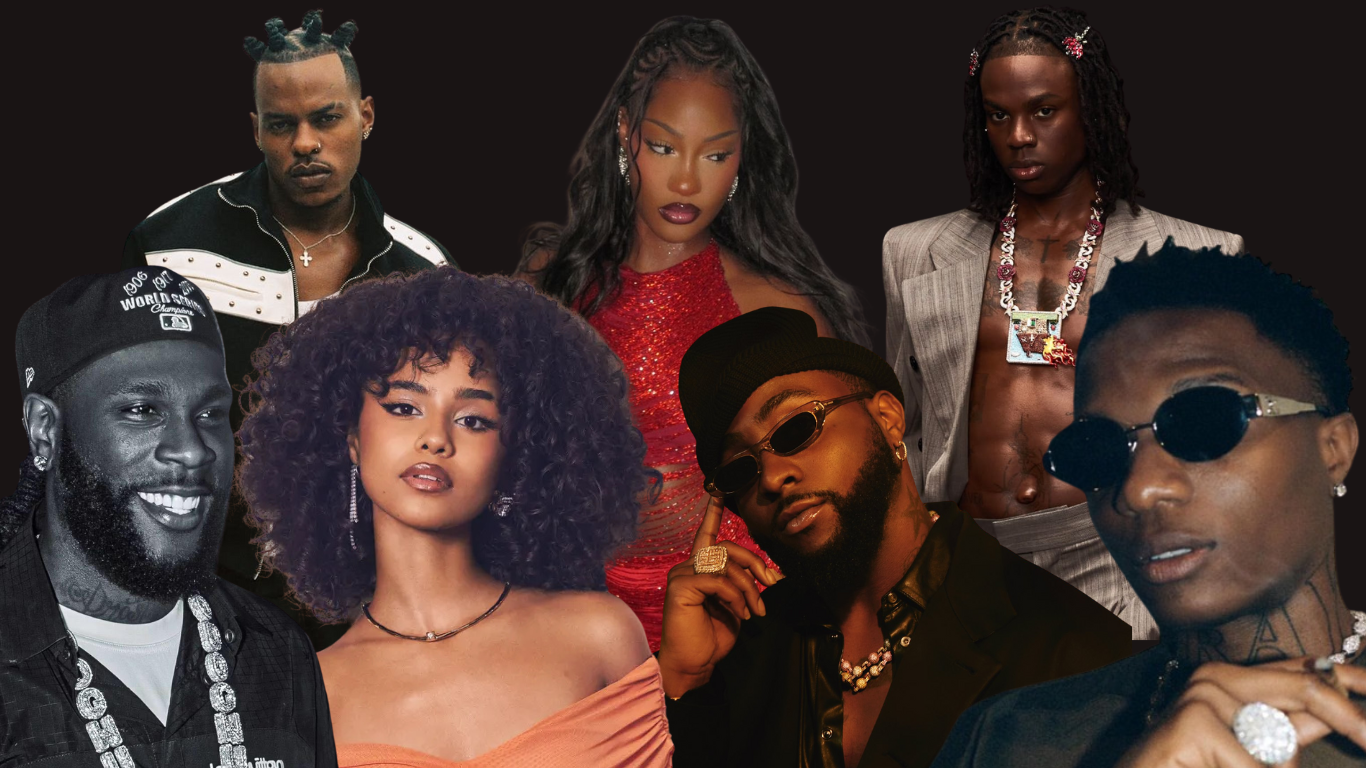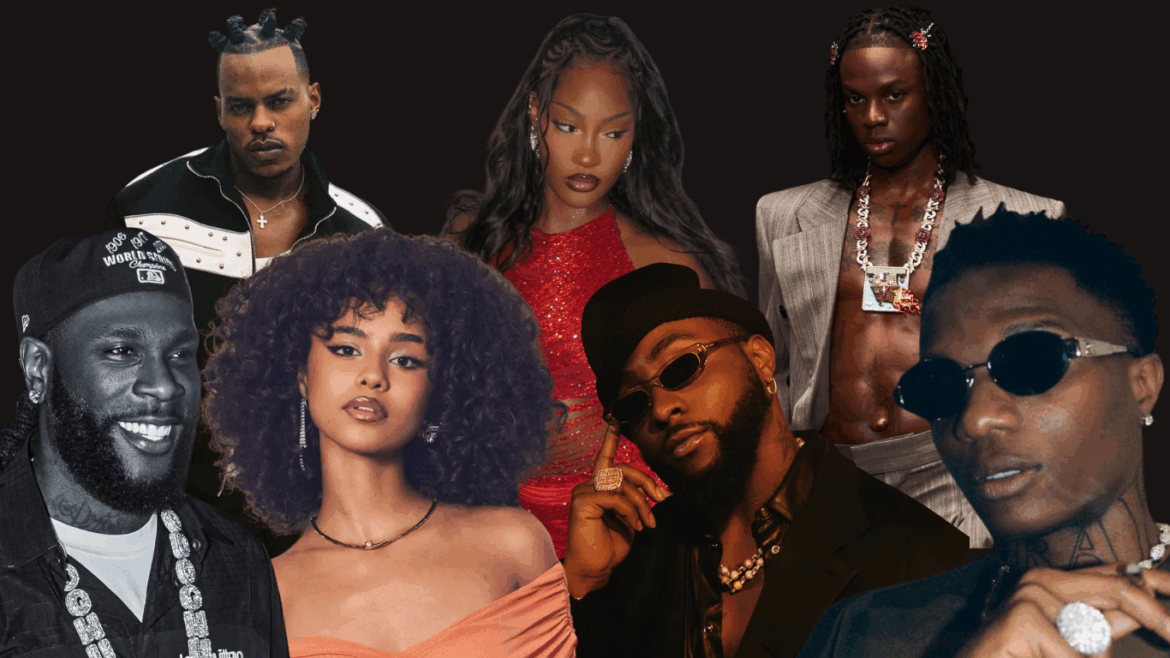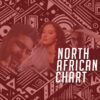Listeners:
Top listeners:
-
 play_arrow
play_arrow Cosoro Afrobeats UK's No.1 Afrobeats Radio Station
-
 play_arrow
play_arrow Cosoro Pidgin Na we bi di No.1 UK Pidgin Radio
-
 play_arrow
play_arrow Cosoro Evergreen UK's No.1 Radio for Timeless African Sounds

Rolling Stone recently released its list of the 250 Greatest Songs of the 21st Century, and African artists made a bold, undeniable mark. From Nigeria’s Afrobeats heavyweights to South Africa’s Amapiano innovators, the list celebrates not only iconic songs but a cultural shift. African music is no longer emerging, it’s here, loud and leading.
Among the most prominent placements on the list was Wizkid and Tems’ 2020 hit “Essence,” which landed impressively at No. 22. Once dubbed the “song of the summer” by fans and media alike, “Essence” redefined how Afrobeats functions on a global level. With Tems’ soulful vocals and Wizkid’s smooth delivery, the track became the first Nigerian song to chart on the Billboard Hot 100 without a feature until the Justin Bieber remix pushed it even further.
Burna Boy’s “Last Last” also earned a spot on the list, landing at No. 95. The 2022 anthem, built on a clever sample of Toni Braxton’s “He Wasn’t Man Enough,” showcased Burna’s strength in blending personal storytelling with danceable beats. It’s raw, vulnerable, and deeply rooted in African sonic aesthetics, all while being universally relatable. Burna’s ability to merge authenticity with global appeal continues to make him a trailblazer for Afro-fusion.
South Africa wasn’t left out either. Rising star Tyla appeared on the list with her viral smash “Water” at No. 135. The Amapiano-influenced track gained global traction through TikTok and streaming platforms, earning Tyla her first Billboard Hot 100 entry and positioning her as one of the genre’s freshest global exports. With “Water,” she helped push Amapiano from Johannesburg dance floors to worldwide recognition.
And it wasn’t just the veterans who received nods. Rema, one of Afrobeats’ new-generation stars, made the list with “Woman” at No. 228, a bouncy, fast-paced track that blends raw street energy with refined pop production. Tems appeared again on No. 232 for her solo record “Free Mind,” while Davido’s “Unavailable,” featuring South African artist Musa Keys, also made the cut at No. 243. That entry in particular is a masterclass in cross-border collaboration, Nigeria meets South Africa in a song that moves bodies and charts alike.
The inclusion of multiple African artists, both legends and newcomers, speaks volumes about the shifting tide in global music. No longer viewed as a niche or regional movement, Afrobeats, Amapiano, and other African genres are now firmly entrenched in the mainstream. These sounds are on playlists, in clubs, on charts, and now in Rolling Stone’s cultural canon.
It’s not just about global recognition, it’s about ownership and influence. African artists are no longer just being featured; they are leading the global conversation. They are shaping taste, setting trends, and redefining what popular music sounds like in the 21st century.
This milestone is also a win for the continent’s music infrastructure, which has grown more robust in recent years. International record deals, homegrown festivals, digital streaming platforms, and social media virality have all contributed to the rising visibility of African artists. Labels like Mavin, YBNL, Empawa, and even newer imprints are grooming stars with both local relevance and international potential.
Yet, while this moment is celebratory, it also signals a new responsibility. With greater attention comes the challenge of maintaining authenticity. The world may be watching, but artists must continue to stay rooted in their culture while expanding their creative range. If songs like “Essence,” “Last Last,” and “Water” have proven anything, it’s that the most resonant music doesn’t pander, it connects.
Ultimately, the presence of African songs on Rolling Stone’s list isn’t just a footnote, it’s a headline. It’s a reminder that the 21st-century soundtrack is incomplete without Africa. And with the way things are going, future lists might be even more African than we expect.
Africa is not just contributing to global music culture, it’s redefining it.
Written by: Adedoyin Adedara
Similar posts
Recent Comments
No comments to show.
Copyright © 2025 Cosoro Radio | All rights reserved









